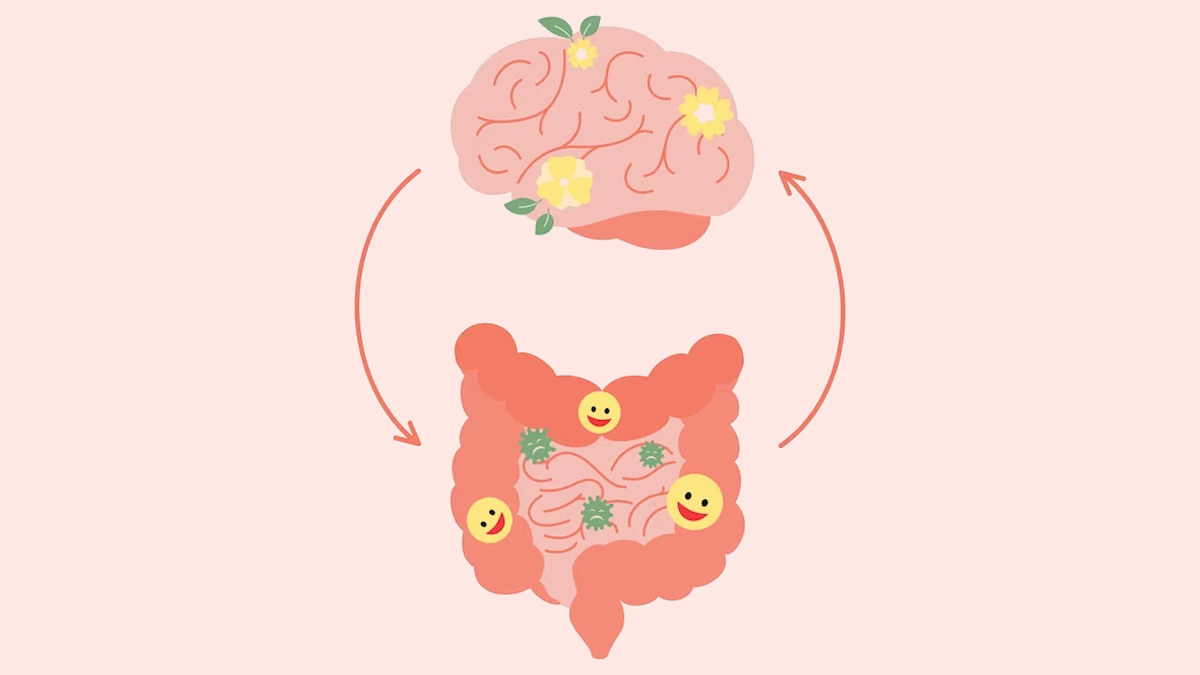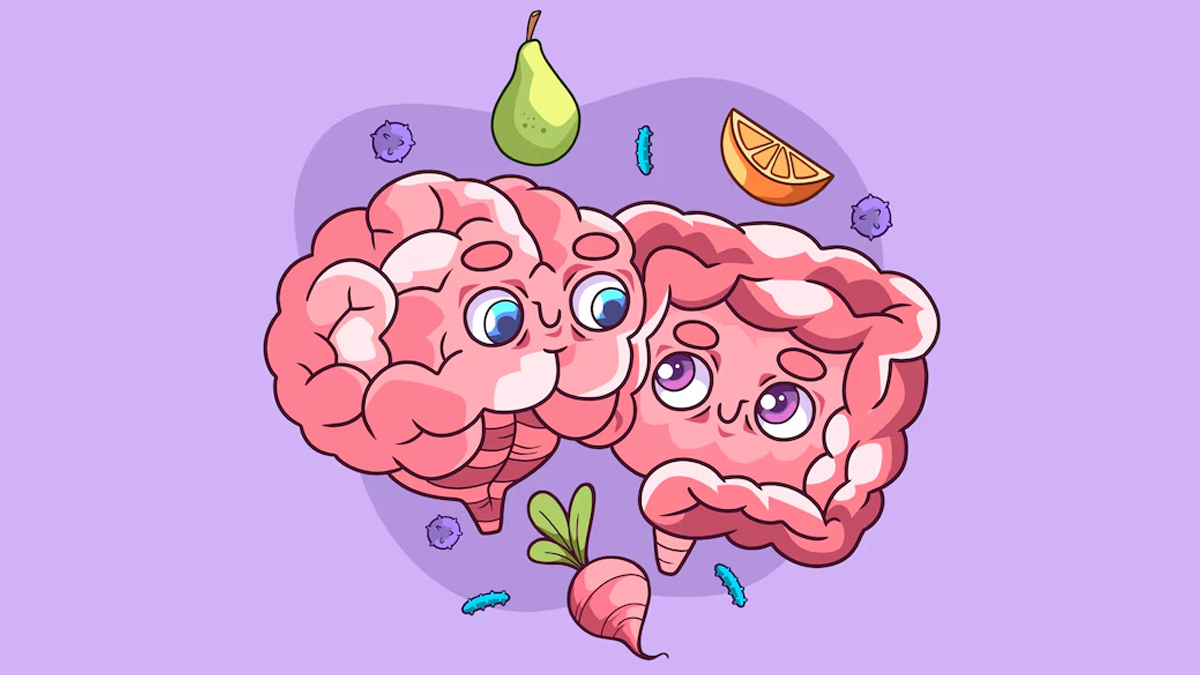
Have you ever experienced indigestion or heartburn when you are stressed or anxious? Do you feel butterflies in your stomach when you’re overjoyed? Do certain situations or even stress make you feel nauseous? That’s because your gut and your brain are correlated and it is called gut-brain connection.
According to Harvard Medical School, the gastrointestinal tract is sensitive to emotions. Emotions like sadness, anger, anxiety, joy, excitement, fear, stress and depression can trigger your gut. To understand this gut-brain relation in depth, OnlyMyHealth interacted with Pooja Shah Bhave, Consultant Dietician and Certified Diabetes Educator, Faculty at Lifeness Science Institute.
Gut-brain Relation

Talking about how the gut is related to the brain, Shah said, “Gastrointestinal tract is sensitive to emotions. Emotions like anger, sadness, anxiety, overjoy, fear, depression can all trigger the gut and can lead to heartburn, abdominal cramps and loose stools and constipation.”
Giving examples, Shah said, “Students, typically during exams are under stress and commonly face constipation. Nausea is very common when a person is nervous or stressed. There is a type of ulcer known as stress ulcers - which occur when someone is under stress and gets relieved when the cause of stress is over.”
Hence, it is often seen that people with gastrointestinal distress may get cured by treating their stress or depression or other psychological issues.
Also read: Promoting Gut Health In Children: Expert Lists Tips To Boost Gut Health In Your Kids
Unhealthy Gut And Mental Health

As emotions trigger gut, similarly, an unhealthy gut may affect the brain and can lead to psychological issues. Explaining this, Shah said, “Similar to the brain there is a whole bunch of network of nerves in your gut called enteric nervous system (ENS) which send messages from gut to brain and vice versa. It is referred to as ‘second brain’.”
Citing research and studies, Shah said, “It is indicated that gastrointestinal issues like irritable bowel syndrome, inflammatory bowel disorder, ulcerative colitis, Crohn’s disease, constipation or diarrhea, bloating, stomach pain can send signals to the central nervous system that trigger mood changes. So an upset stomach can cause depression or anxiety.”
Furthermore, Shah said that ENS is also linked with Alzheimer’s, Parkinson’s, Multiple sclerosis, Schizophrenia, ADHD, Bipolar disorder, Dementia, OCD and many other mental disorders.
Secrect To Happy Gut

Our gut is made of an ecosystem of microorganisms like bacteria, viruses and fungi that control many functions and also has a role in mental function. Of all, the healthy ones are probiotics.
Talking more about probiotics, Shah said, “Probiotics are healthy gut bacteria or microorganisms which you get from fermented foods like curd, kimchi, tempeh, Indian fermented foods like Idli and Dosa. Apart from that certain types of fiber in pulses and other foods can generate probiotics in the gut. They are also available in supplemental form. Lactobacillus and bifidobacteria are common bacterial strains present in food which help to treat gastrointestinal issues.”
Probiotics kill the pathogenic harmful bacteria and increase their own population. They improve our digestive function. Study findings show their role in sending messages to the brain which links the gut with the brain.
Also read: 10 Gut-Friendly Foods To Enjoy As The Season Changes From Winter To Summer
Bottomline
How can one restore a healthy gut to boost mood and help in reducing stress, anxiety and feeling low? Shah advised, “Include a balanced diet especially high in fiber, protein, Vitamin D and omega-3 fatty acids. The latter two nutrients help control inflammation in the GI tract. Then include 1 hour of exercise daily as well as 7-8 hours of sleep. Most importantly watch out for water intake, it should be around 2-3 liters daily. Include sources of probiotics regularly as they ensure healthy functioning of the gut.”
Also watch this video
How we keep this article up to date:
We work with experts and keep a close eye on the latest in health and wellness. Whenever there is a new research or helpful information, we update our articles with accurate and useful advice.
Current Version